At talkSTEM, we encourage all families and teachers to make explicit the connections between everyday life and STEM. The National Association for the Education of Young Children (NAEYC) have some great suggestions here.
We also firmly agree with these guiding principles proposed by the Early STEM Matters working group at the University of Chicago (bolding of text added):
- Children need adults to develop their “natural” STEM inclinations.
Although young children often show great natural curiosity about the world and remarkable capacity to learn on their own, they need adult assistance to foster, guide, and build on their interests to ensure adequate early STEM experiences.
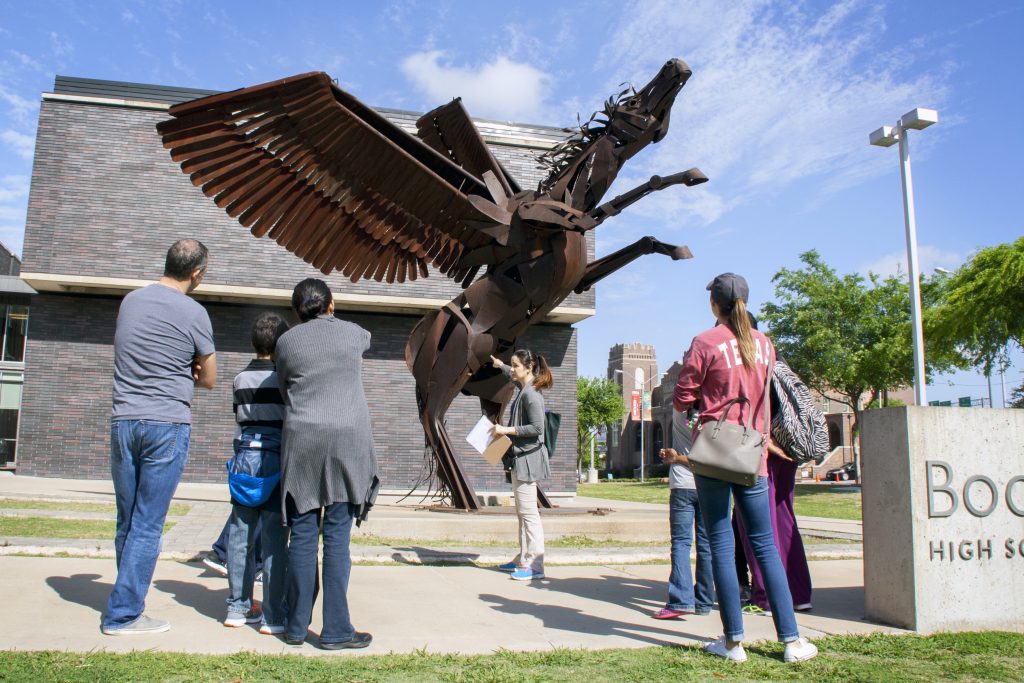

2. Representation and communications are central to STEM learning.
STEM education must feature discussion, visualization, and other forms of representation (e.g., drawing, writing, graphing) to promote learning that leads to generalization of important concepts and practices.
3. Adults’ beliefs and attitudes about STEM affect children’s beliefs and attitudes about STEM.
Many people in the United States believe they are not competent or skilled in STEM-related fields, and may avoid these areas and even profess this claimed incompetence in social situations. It is important to work to change these attitudes and beliefs by building adults’ and children’s self-efficacy around their ability to learn and do STEM, especially in groups who are traditionally under-represented in STEM careers, such as women and minorities. Doing so will lead to higher-quality STEM education now and in the future.

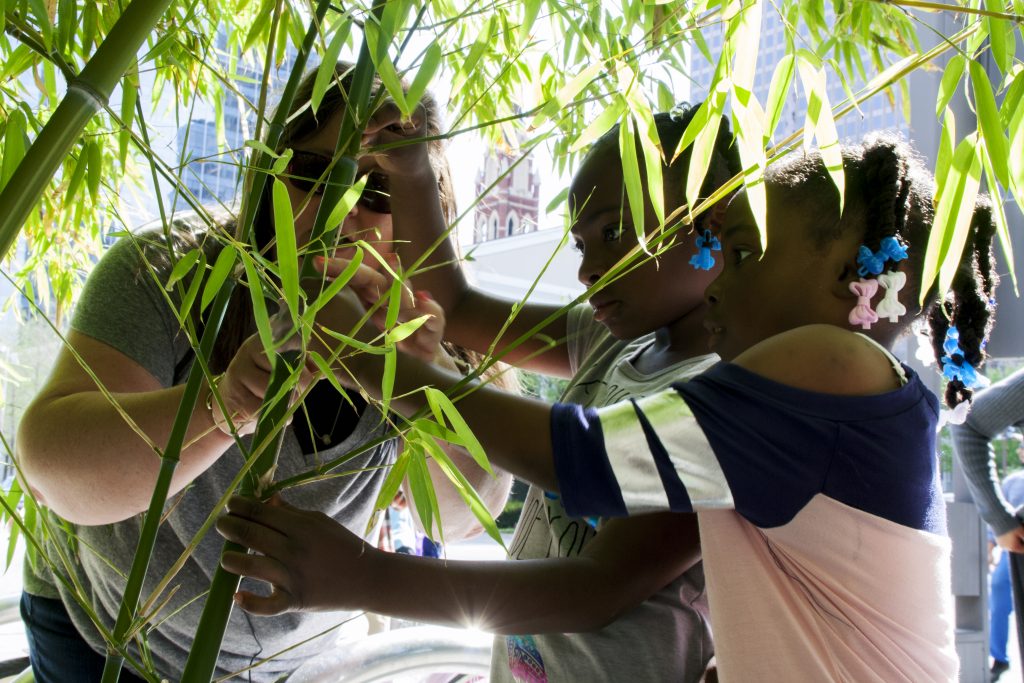
Sisters Mariah Smith, 9, and Skielar Smith, 7, measure the length of a segment of bamboo
4. STEM education is not culturally neutral.
Although mathematics is sometimes claimed to be a “universal” language and science is sometimes seen as “objective,” STEM education is not culturally neutral. It is subject to the same types of cultural influences, and cultural, racial, and class biases and stereotypes as other topics in education. Adults’ explicit acknowledgment of and willingness to address these issues will mean more recognition of culturally different approaches to STEM education and will reduce biases and stereotypes that limit children’s success as STEM learners.
We kept these and other principles in mind when we we created our content for young children and their adults. The early childhood playlist on the talkSTEM YouTube channel consists of 17 short videos in varied settings (playgrounds, parks, urban settings, and more) where we highlight the tight connections between the real world and mathematics for young children. We invite parents, teachers, and community educators to subscribe to this freely accessible and commercial-free channel in order to keep up with new videos. We hope these STEM activity videos inspire you and your children and students to make connections to real-world STEM and to grow STEM mindsets. Watch these videos (with or without your child. Keep in mind that if your child is very young, it may be best for you to watch the video and then use it to help you talk to your child about shapes, artwork, trees, or other objects/elements in the real world wherever you may be). Or, maybe what you watched also gave you some new ideas of questions and connections you and your child can talk about on your next walk in your neighborhood. Do share with us on social media what you come up with too!
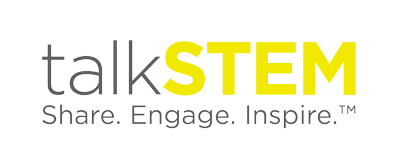

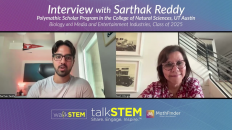
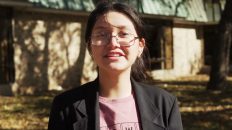



Add comment